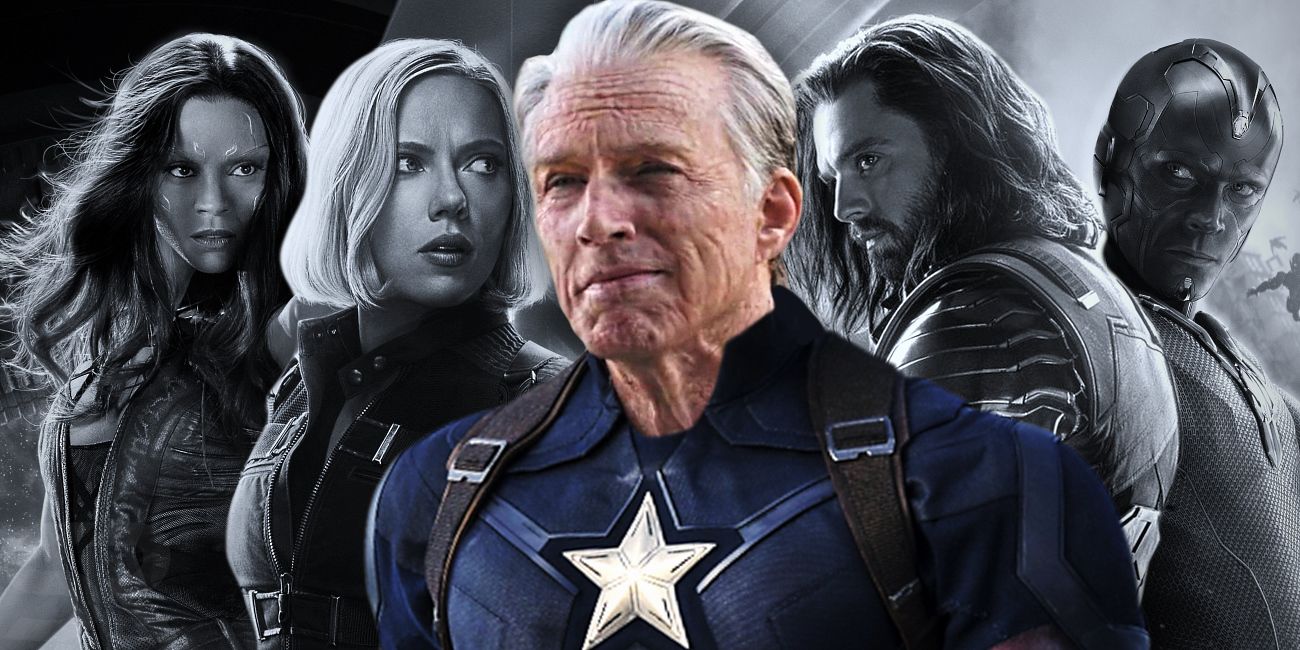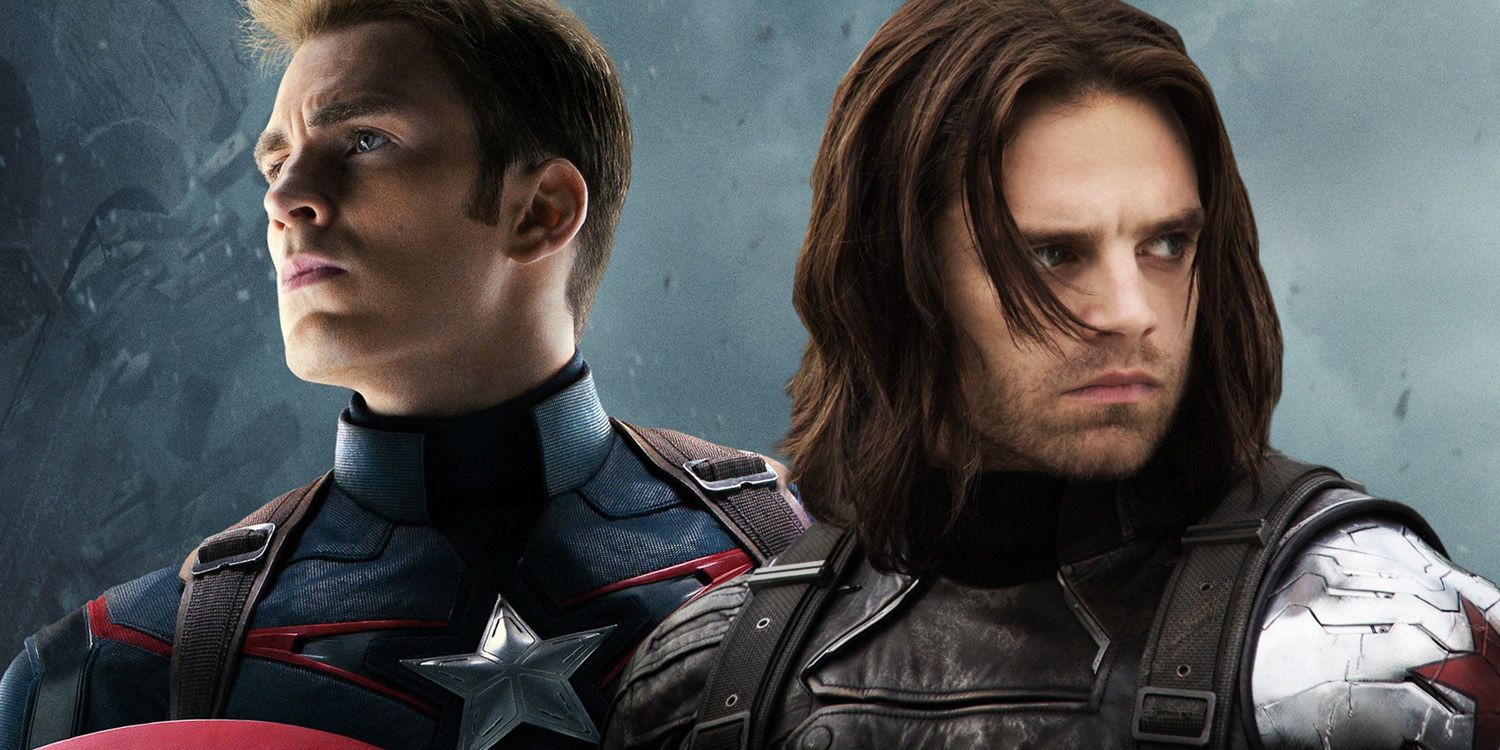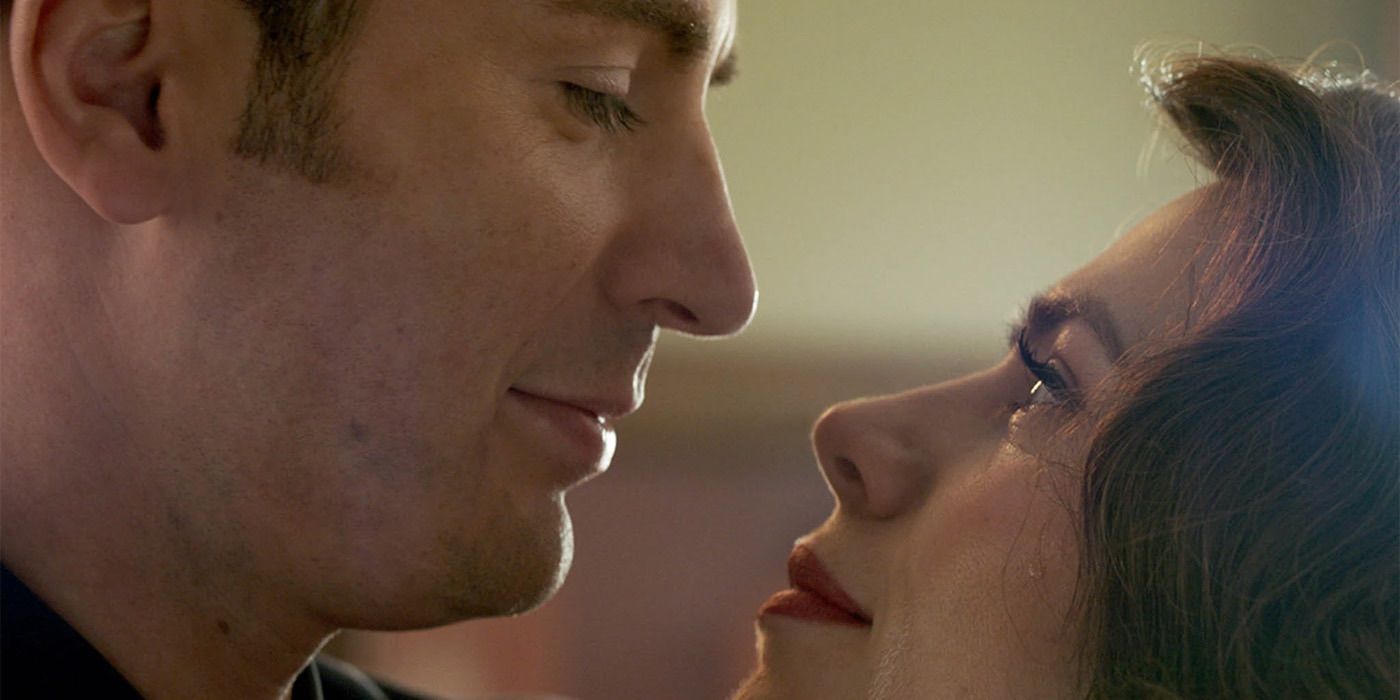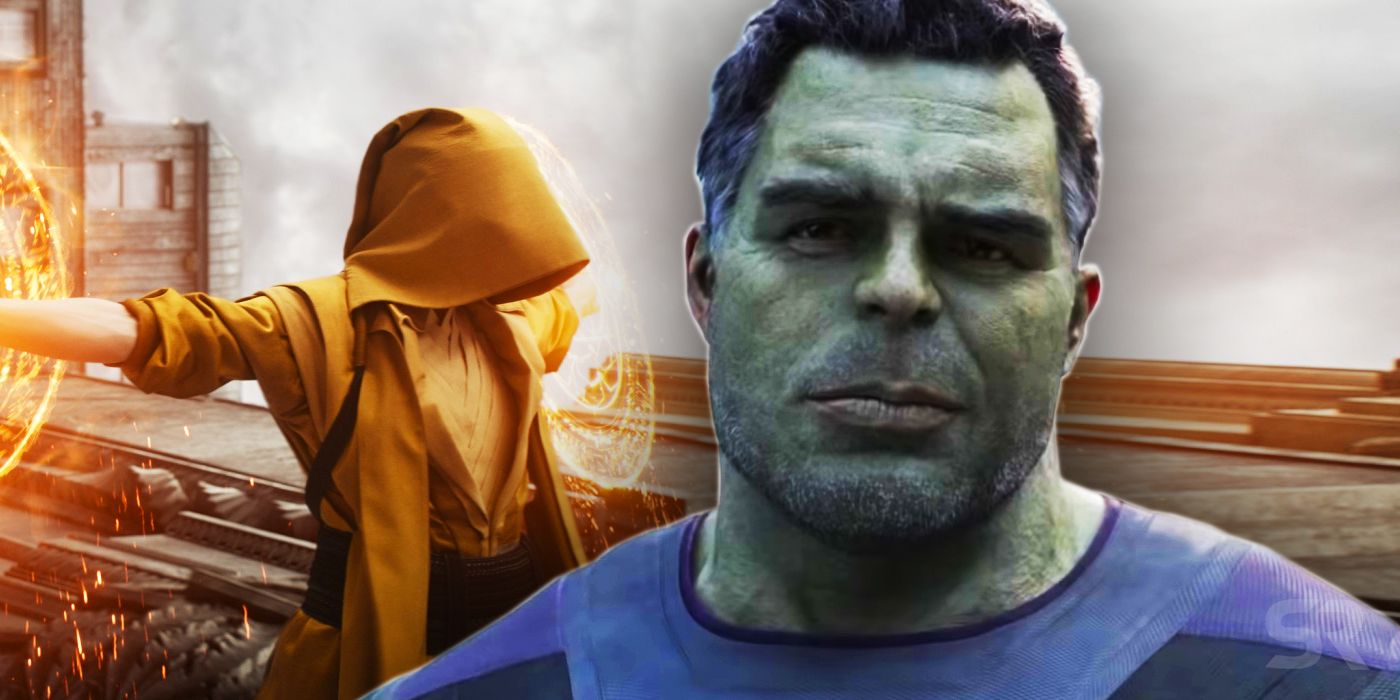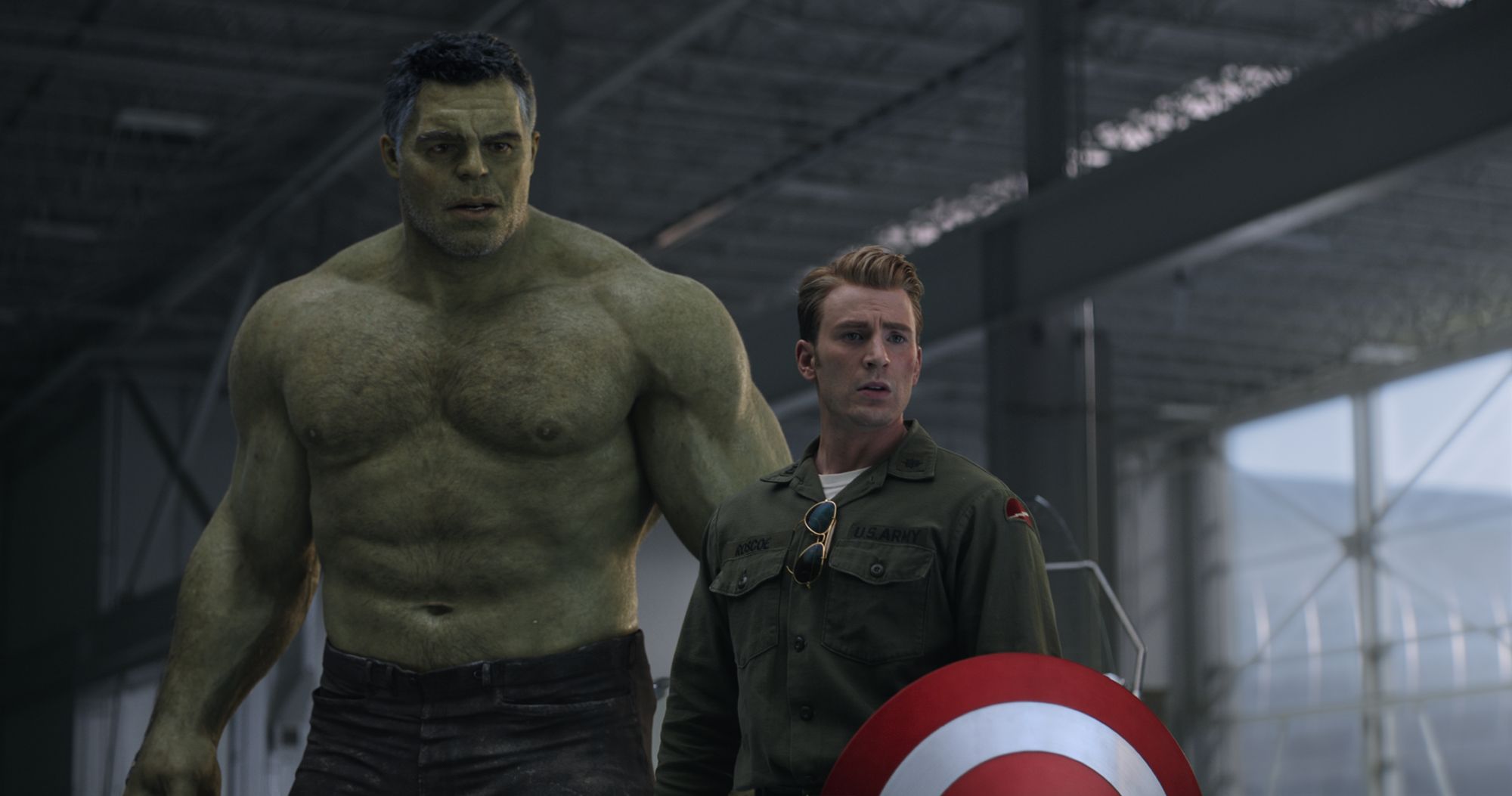The final scene of Avengers: Endgame may intend to be a happy ending, but it's proven a major source of confusion for fans (and the filmmakers). The movie shows Captain America traveling back in time to live the 20th century over again at Peggy Carter's side. But whether he's living through the MCU movie fans know, or an alternate version, neither addresses the biggest problem: how could Steve Rogers let the same horrifying history play out without trying to prevent the biggest disasters from repeating themselves?
As fans already know, Avengers: Endgame's directors and writers disagree on the question of which timeline Steve Rogers gets to live through the second time around. On the one hand, if the Russos believe Captain America traveled back to a similar but branched reality, they could someday claim he lived an alternate, superheroic history as Peggy's husband. But if fans prefer the writers' version of the story--in which Steve Rogers was always Peggy's husband in a predestined time loop--then he definitely didn't make the 20th century any less horrific.
Thankfully, one of the writers of Endgame has addressed the question directly... even if some fans may not find his explanation for Steve leaving history 'as is' particularly satisfying. Especially not from a logical point of view, as opposed to a storytelling one. We'll try to keep this simple.
It's a Problem, No Matter What Marvel Says
No matter what explanations will eventually be offered, there's no denying the corner Marvel backed Captain America into. Once the shock of seeing Old Steve Rogers wears off, the real reveal is impossible to ignore: Steve lived through the MCU a second time over as an observer. And if the simplest explanation is the one most audiences will take away, then that means he traveled back to the 1940s or 1950s... and subsequently let his best friend Bucky Barnes be tortured, and turned into the Winter Soldier. He then let Bucky murder countless Hydra opponents, including Howard and Maria Stark. He also let every war, tragedy, disaster, assassination, and injustice unfold a second time without trying to change it. Not to mention all the mistakes that the Avengers made once the MCU movies began.
For some fans the idea that Steve chose not to interfere--or was even able to resist helping--will be impossible to reckon with his character. Unless his 'happy ending' turned out to be a waking nightmare, watching the worst parts of history play out knowing exactly when, where, and how they would arrive. So how can Marvel expect fans of Steve Rogers to swallow the idea that he retired, and managed to give up any responsibility to do... something? It truly is a question that can't be answered... until now.
The Endgame Writers' Answer is Simple
At least part of the answer to this dilemma may be offered in Endgame itself, but it was nevertheless an obvious point in need of addressing when co-writer Christopher Markus discussed the movie during SDCC 2019. Speaking during a panel on the science behind Endgame's fiction, Markus spelled out their rules of time travel as simply as he could. But after confirming his own belief that Old Steve was always watching from the corners of the MCU, the question of Captain America's 'retirement' had to be answered. To put it simply, that just isn't what the writers wanted for their war hero:
Stephen [McFeely] and I are just so taken with the idea that Steve went back and somehow, therefore, has always been back. And he got to live his life. Because you get Captain America loyalists who say that if Cap goes back in time, he is honor-bound to fix everything he knows is going to happen. So he has to go save Bucky, he has to prevent the Kennedy assassination... he's a very busy man. But that's not why we sent him back. We sent him back so that he could become a whole person, and finally come home from the war. We didn't want him to go back and just keep adventuring, we wanted him to rest. And the only way we could come to that solution is if there are two Caps. Which I'm okay with.
Would Steve Have Been Able to 'Fix' History at All?
As we alluded to above, part of the explanation for Steve NOT using his knowledge of the future to change it is offered in Endgame itself. As the co-writers Markus and McFeely have both explained, writing a time travel story like Endgame required strict rules to prevent endless problems and contradictions. The first and most important rule? You can't change the past just by traveling to it. It may go against Back to the Future (and fans know how Endgame feels about that film's logic), but that rule from the writers ended up coming from Bruce Banner's mouth in the movie. As Smart Hulk explained to Ant-Man and War Machine, the idea that you can change the past or future is inherently flawed, since one relies on the other when traveling through time.
It was a blow to sci-fi nostalgia, but when applying that logic to the question of Old Steve Rogers on his second pass through Marvel history, the problem may be solved for some. Captain America might be let off the hook for not changing history, because... he couldn't have, even if he wanted to. Rhodey or Scott Lang might scoff at the scientific brilliance of Bruce Banner in favor of The Terminator, but Steve Rogers never would. Throughout his MCU appearances Steve has shown nothing but respect and deference to Bruce and Tony in matters of science, knowing it's one skill his supersoldier serum couldn't improve. In fact, that may be the exact reason why Steve decided to return to the past in the first place.
The actual Endgame mission proves Banner's conclusion right, but Steve would have been able to grasp the rule regardless. If nothing from the future could cause history to change, then Steve returning to spend a life with Peggy would pose no risk at all. By the same token, he would know he could live his life without the burden of changing history... because he's already been told that he can't. That understanding makes his action or inaction a matter of logic, and not one heroism, ethics, or morality. Add in the fact that everything eventually did work out in the end, and it's not hard to see all those tragedies as necessary evils or sacrifices. After all, Captain America would understand better than anyone that happiness comes at a price.
--
It's always going to be a difficult debate for fans to even engage with, since the writers (and Banner) can defer to the one rule which makes Endgame possible, saying that "Steve can not change the past." While audience members can point to all other science fiction storytelling to counter that "yes he absolutely could." But based on the rules as presented in Avengers: Endgame, the unchangeable nature of history is a perfect explanation for why, in the words of Markus, Steve finally let himself "come home from the war." More importantly, rest knowing he'd never have to fight another ever again.

